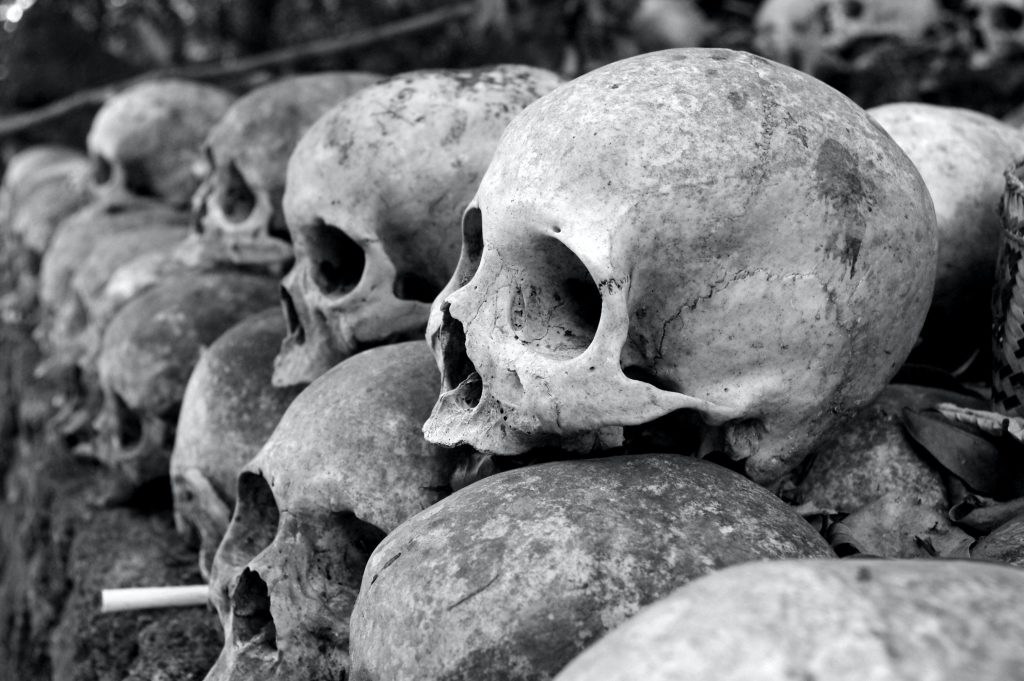How Death Investigations Provide Evidence To Convict The Guilty And Protect The Innocent

When someone dies under unexplained or unexpected circumstances, families can feel fraught with anger and frustration. How could such a thing have happened? When will those responsible be brought to account? While patience may feel like a resource that is impossible to muster at this difficult time, the work of the death investigator is critical […]
Where Do I Go To Get Assistance In A Death Investigation: Start Here

When faced with thoughts of the loss of a loved one, we’d all hope that their cause of death would be fully understood and investigated if the need ever arose. It is the role of the Coroner or Medical Examiner’s office—and potentially law enforcement, too—to uncover the facts when the manner of a death is […]
How A Private Investigator Can Help in a Death Investigation or Unsolved Homicide

Private investigators are invaluable to bringing crucial context to many matters of private citizens every day. However, one of the ways private investigators can have a huge impact is by serving as a second pair of eyes in both death investigations and unsolved homicides. Families of subjects in unsolved death investigations often go years without […]
Precious Time: Hiring a Private Investigator to Locate Your Missing Teen
Every week there are new stories in the news about teenagers who have either run away or been kidnapped. When parents see these tragedies play out through media coverage, there’s usually one common thread running through their minds, “This could not happen to my child.” Despite statistics on the demographics most often affected by missing […]
Why Private Investigators Have an Advantage Over Police
